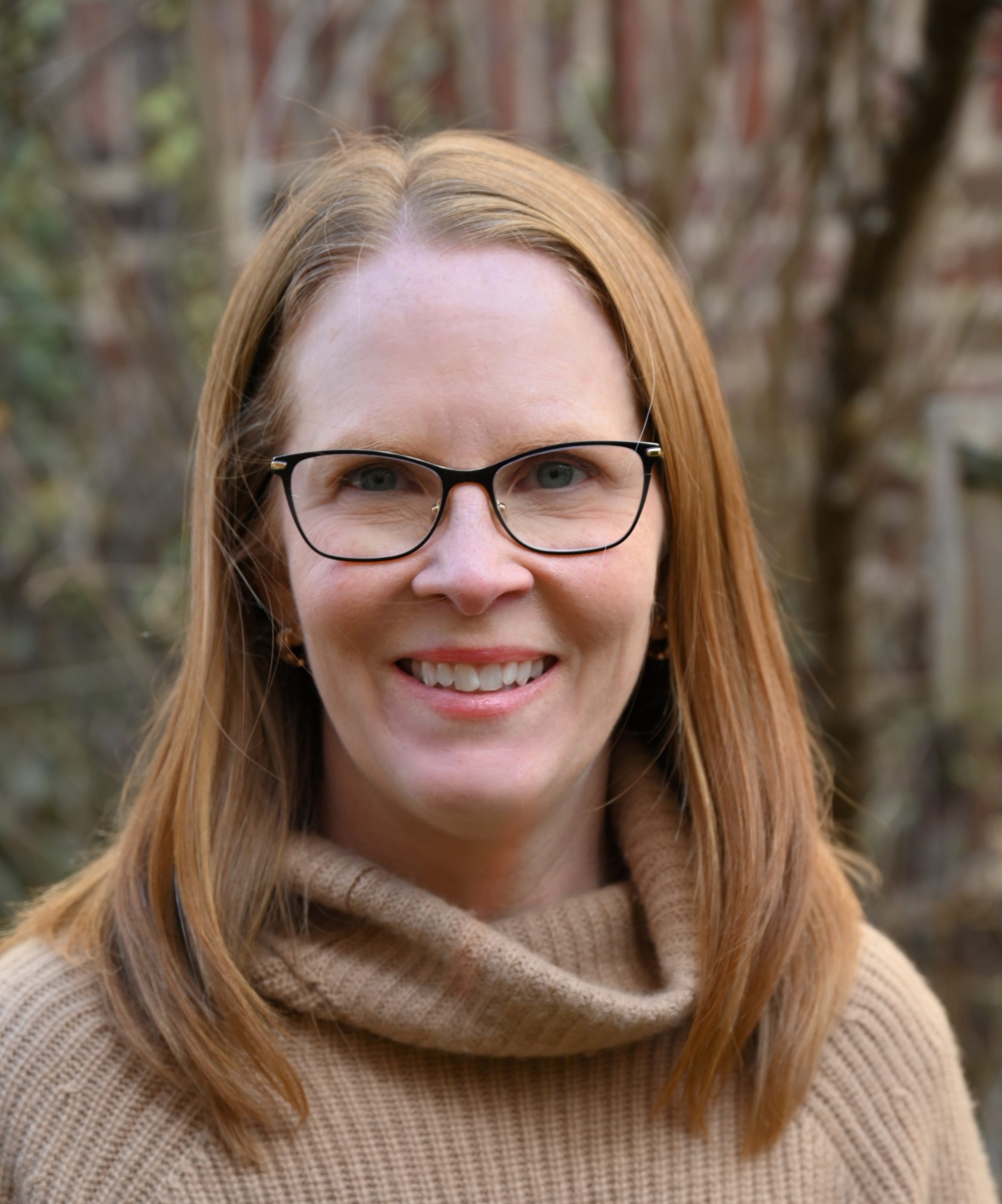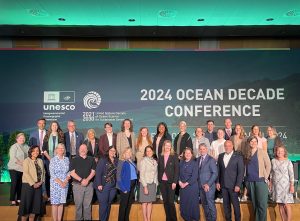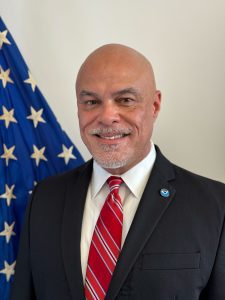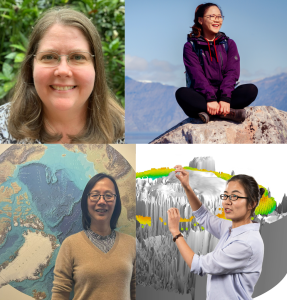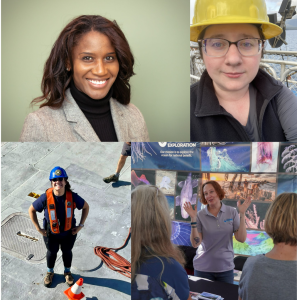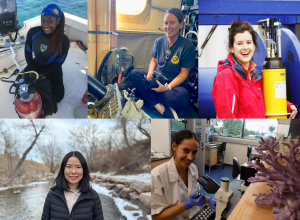Emily, who most recently served as NOAA National Ocean Service’s Chief of Staff and, for the last year, has worked on-detail at the White House Council on Environment and Quality, succeeds Ko Barrett, who is now serving as NOAA’s Senior Advisor for Climate. She will begin her role on Monday, February 28th. Environmental policy expert and longtime NOAA leader Emily Menashes is starting a new role as NOAA Research’s Deputy Assistant Administrator of Programs and Administration. Emily, who most recently served as NOAA National Ocean Service’s Chief of Staff and, for the last year, has worked on-detail at the White House Council on Environment and Quality, succeeds Ko Barrett, who is now serving as NOAA’s Senior Advisor for Climate. She will begin her role on Monday, February 28th. Emily’s robust experience in federal environmental policy and her deep familiarity with NOAA uniquely positions her to help NOAA Research tackle new challenges in climate, weather, and ocean and Great Lakes health, as well as in navigating the management and policy issues surrounding these challenges. We sat down with Emily to learn a little more about her career and what she’s looking forward to in her new role.
What drew you to the field of environmental policy and science?
I was interested in science from an early age. In fact, I remember writing my very first science report in elementary school about the weather. I really got hooked in college when I started to explore connections between the environment and people, and how to make the best decisions possible about how we use and sustain our natural resources. That is also when I became interested in coastal and marine issues, during summers doing research on coastal Maine geology and ecology. But I knew I wanted to pursue a career that involved the ocean after doing my college capstone research on the interaction between ecology and economics in the management of the New England groundfishery. The fascinating and challenging interplay between the environment, people, and decision-making is what drew me to NOAA and what continues to excite me about the work we do.
Do you have a favorite moment or accomplishment in your career?
I can’t think of just one, but the moments I have been most proud of and received the most personal satisfaction from are when I feel like I was able to bring people together to envision and then build something greater than any of us could have done on our own. This includes times when I’ve worked through complex policy issues to get to an outcome that recognized and balanced diverse interests in how we achieved our goals, or breaking down organizational barriers to make it easier and more efficient to fulfill our mission. As an example, I led an effort to develop clear standards for how NOAA Fisheries uses scientific and economic information to determine if a fishery disaster had occurred. This work was hard, but rewarding, because being successful meant that we could focus on supporting communities facing hardship while also building toward sustainable fisheries.
What are you most looking forward to in your new role at NOAA Research?
Everything! I am so excited to have the opportunity to work in yet another part of NOAA. I started my NOAA career as a Sea Grant Knauss Fellow, so I have always had a soft spot in my heart for NOAA Research which manages the Sea Grant Program. The work that NOAA Research’s people, programs, and labs are accomplishing is so important right now and for our future, and I am really looking forward to learning from NOAA Research’s experts and supporting that work.
What do you hope to see for the future of NOAA?
NOAA is an incredible agency with amazingly smart and talented people. Working outside of NOAA for the last year, I have gained an even fuller appreciation for how diverse our mission is and how many people and places we influence with our work. I want to build on NOAA’s reputation for producing top-notch scientific work and useful and actionable information. I also want people outside of NOAA to fully value the work we do. Outstanding work comes from an outstanding workforce, and looking toward a post-COVID world, I want to make sure we build and nurture an inclusive and engaged workforce. We are facing a new and different set of working conditions and work-life reality that will challenge us to think differently about how we stay connected and creative.
